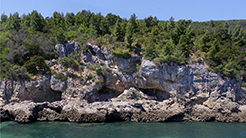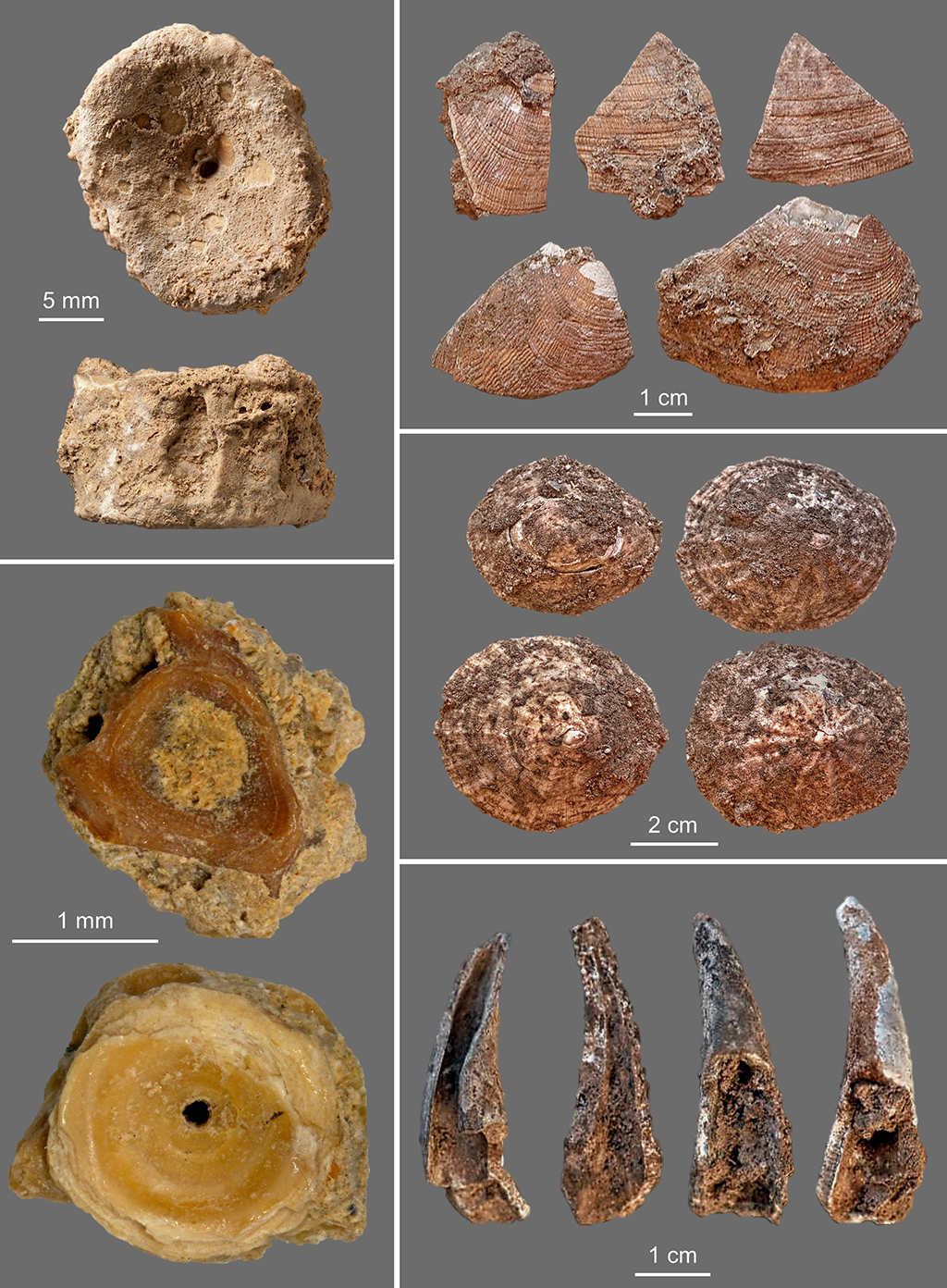João Zilhão – Universitat de Barcelona (UB)
Marine food-reliant subsistence systems like those in the African Middle Stone Age (MSA) have not been known from Europe until the much later Mesolithic. Whether this difference reflects taphonomic biases or behavioral distinctions between archaic and modern humans remains much debated. Figueira Brava cave, in the Arrábida range (Portugal), provides a uniquely preserved record of Neandertal coastal resource exploitation on a comparable scale to the MSA and dated to ~86-106 thousand years ago. The breadth of the subsistence base — pine nuts, marine invertebrates, fish, marine birds and mammals, tortoise, waterfowl, hoofed game — exceeds that of regional early Holocene sites. The routine harvesting of shellfish implies knowledge of tidal regimes and, along the Portuguese littoral, awareness that, between late spring and autumn, the consumption of bivalves entails a significant risk of biotoxin poisoning. These cognitive aspects of the Figueira Brava subsistence data are consistent with the rapidly accumulating evidence for jewelry, cave art and other forms of symbolic material culture in the Middle Paleolithic of Europe. The major behavioral gap once thought to separate Neandertals from modern humans would thus seem to be just another example that “absence of evidence is not evidence of absence.” Another corollary of the Figueira Brava data is that the consumption of aquatic foods is not the differentia specifica that separated anatomically modern humans in Africa from coeval Eurasians, whose demise it would ultimately explain. Indeed, the possibility must now be entertained that the familiarity with marine resources and seascapes implied by the settlement of Southeast Asia, Sahul (Australia and New Guinea) and the Americas is deeply rooted in human history.

